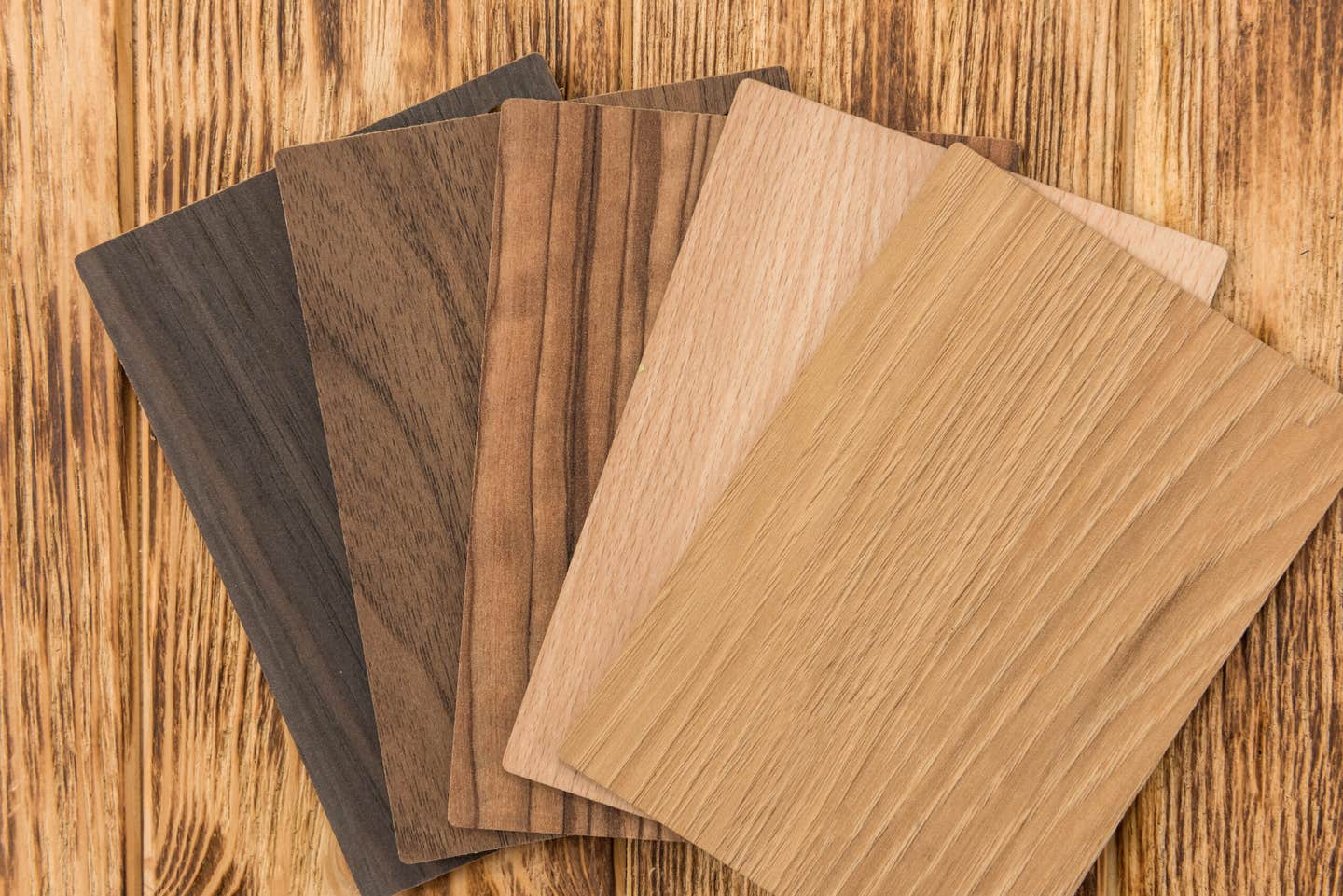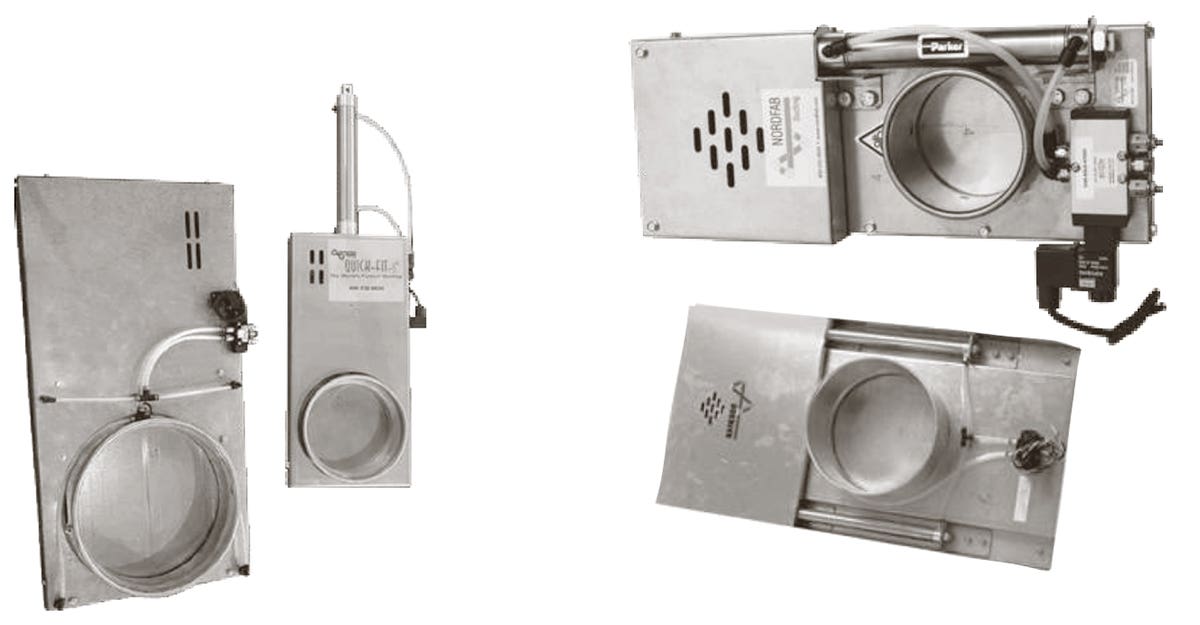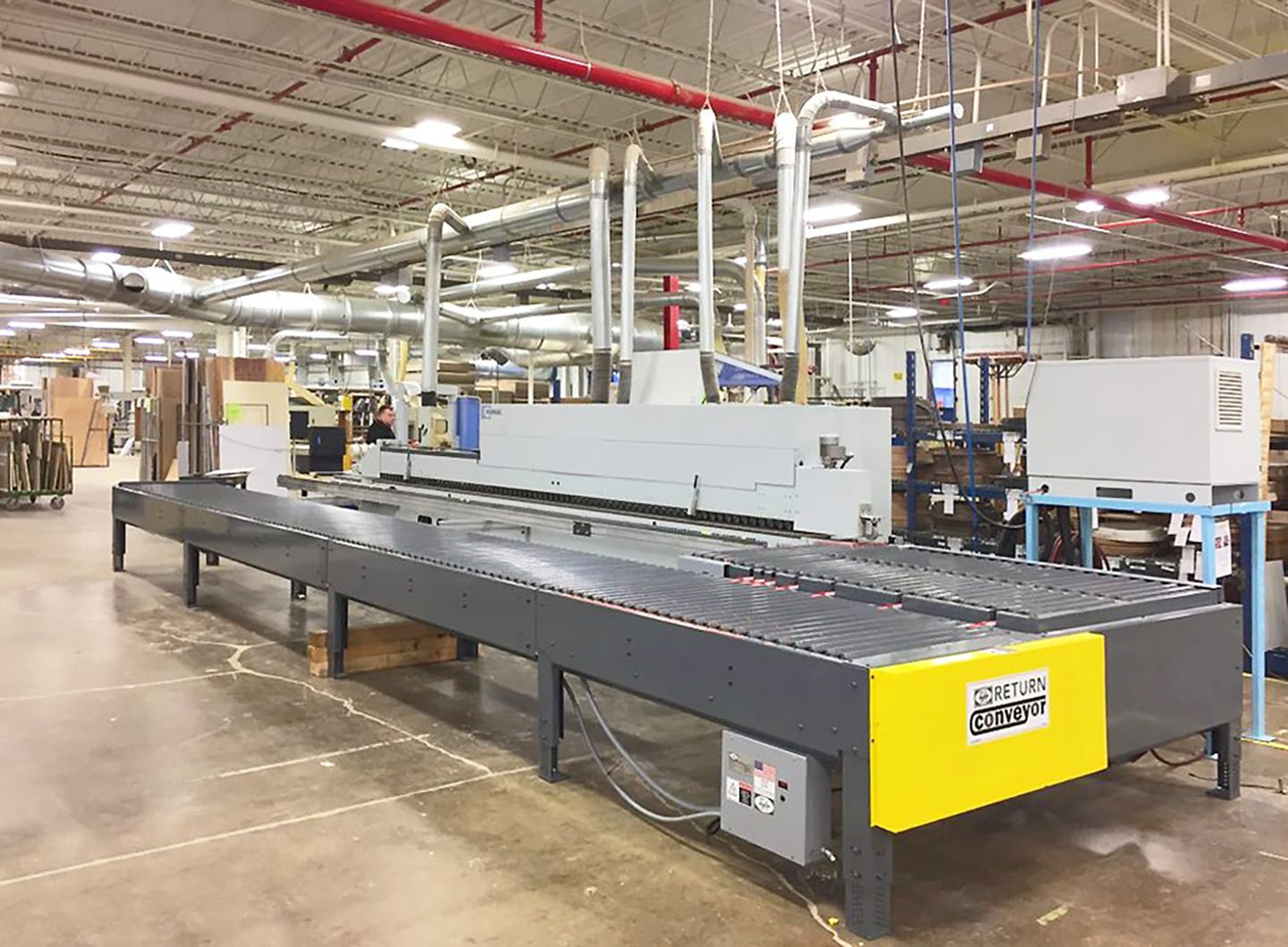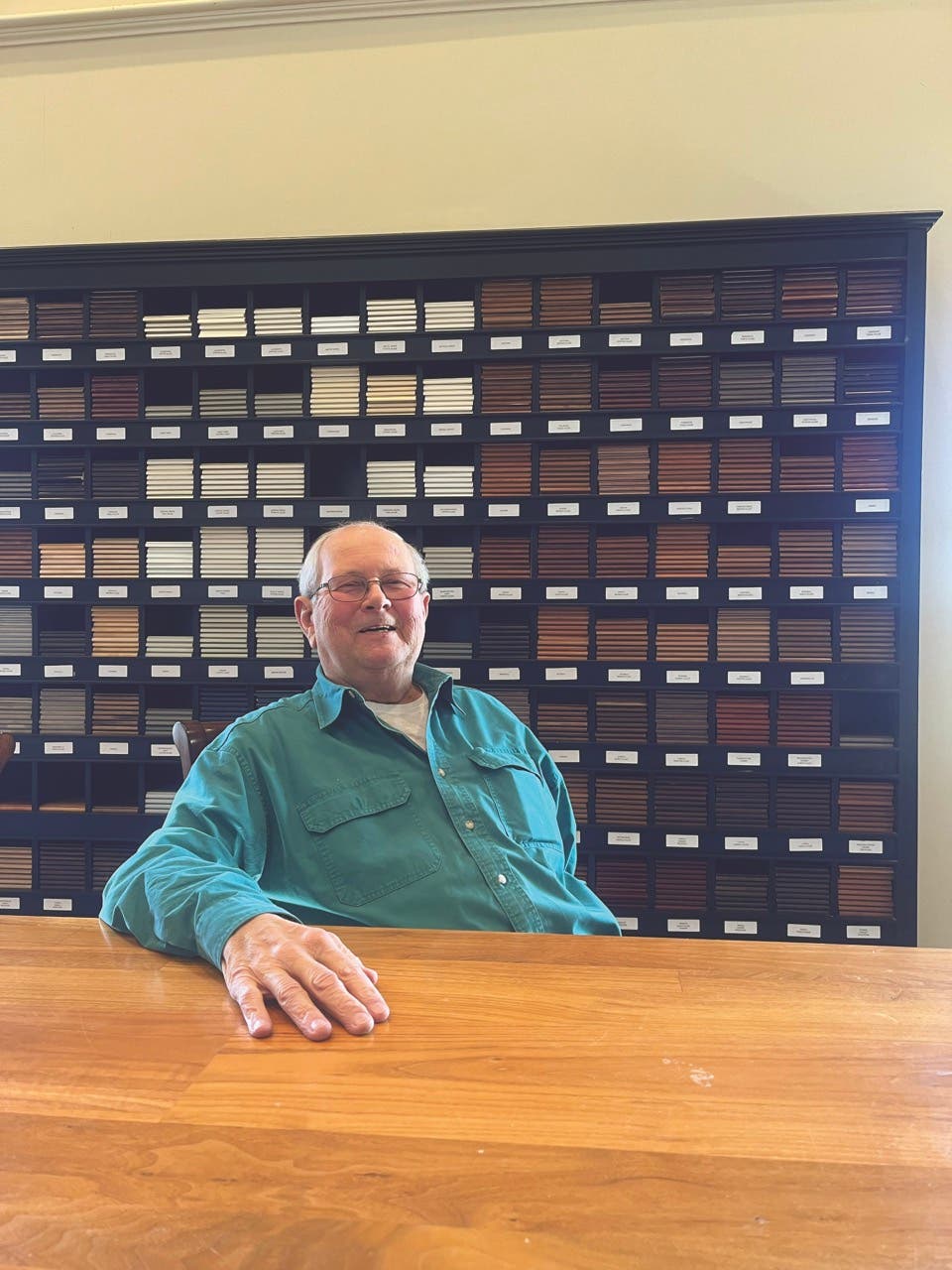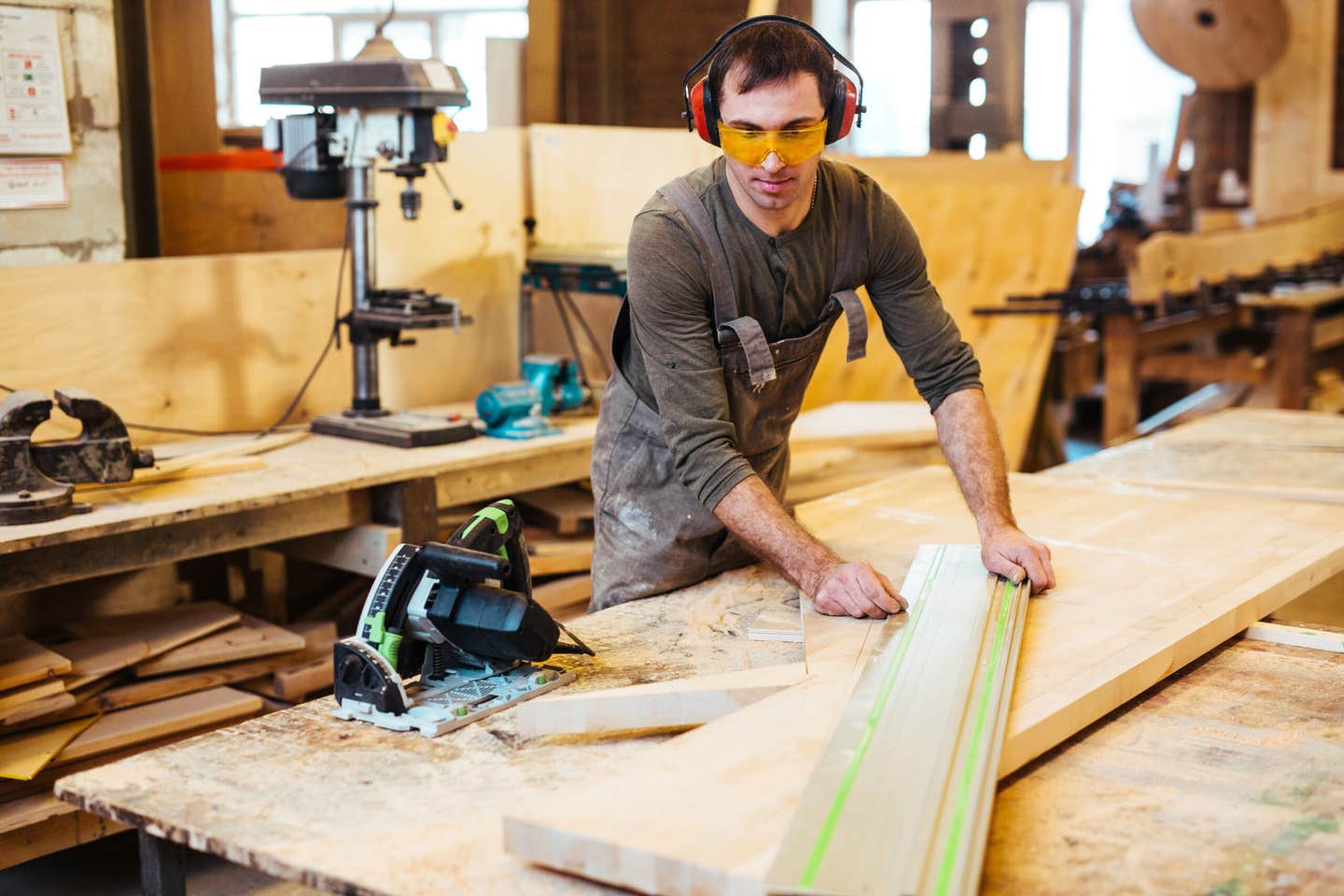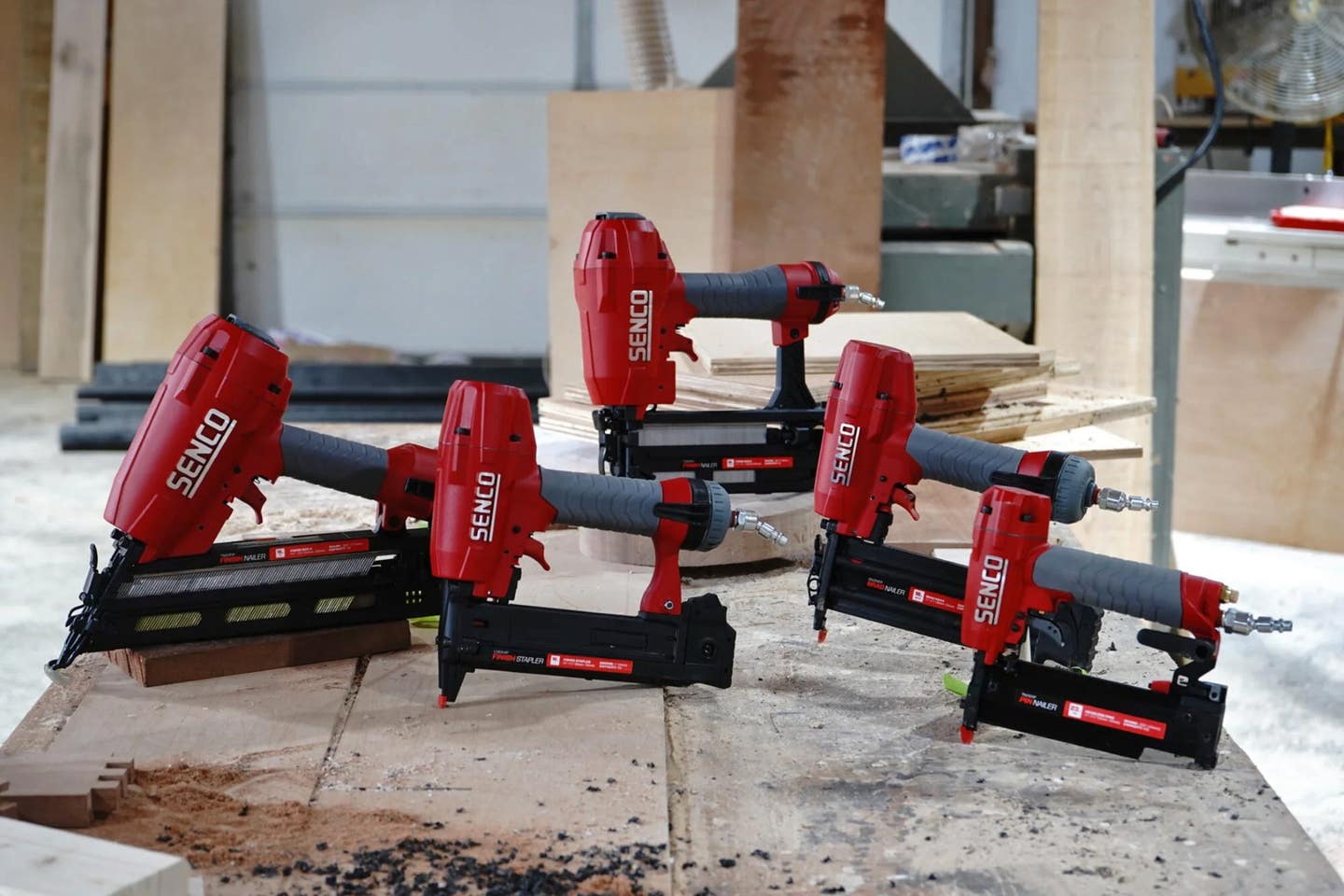From the ground up
Tracy Yarborough, president of the Cabinet Makers Association, owns and operates a backyard shop in rural Coward, S.C. But if you’re imagining vintage machinery and old-school ways, you’ve dreamed up…
Tracy Yarborough, president of the Cabinet Makers Association, owns and operates a backyard shop in rural Coward, S.C. But if you’re imagining vintage machinery and old-school ways, you’ve dreamed up the wrong shop. Yarborough’s version of a backyard shop has a CNC router and a growing list of production equipment that has necessitated three expansions in less than 15 years.
Established in March 2000, Maple River Woodworks quickly outgrew its original 500-sq.-ft. building. Now at 4,000-sq.ft, the shop produces custom cabinetry for the residential market and raised-panel doors for other cabinetmakers.
Yarborough, who describes himself as a hometown boy, has been molded by his rural upbringing and ambitions from an early age.
“It’s all rural here and you do what you have to do to get by sometimes,” he says. “That’s the type of family we are; we would learn how to do things ourselves. When my dad built his house, I got involved with the woodworking and understood how buildings worked. It became a hobby and I eventually had the opportunity to try it out for myself. I’ve been in business ever since.”
Quality, not quantity
Yarborough opened his shop in 2000 and three years later hired his first employees. Cabinetmakers Wesley Foxworth and Chuck Hutchinson have been with him since 2003 and part-time help is hired as needed. The shop serves clients in eastern South Carolina and parts of North Carolina, which encompasses about a 60-mile radius from Coward.
“I grew the business mostly by word of mouth, though I’ve looked into several marketing campaigns — everything from flyers to newspaper ads,” says Yarborough. “But I was always told that if you build a good product, people will find out about it. So I just got a business card, passed it out and got my foot in the door with a few contractors who just needed me on a case-by-case basis.”
At first, he outsourced doors and drawer fronts, until his supplier’s shop burned down. Proving once again that necessity is the mother of invention, Yarborough quickly sourced the machinery to build raised-panel doors and word spread fast in the local cabinetmaking community.
“When I started building my own doors with a shaper and door machine and people found out it, it took off like a rocket,” he says.
“Because of us being able to supply doors to others, we have a huge range of clients with homes valued anywhere from $120,000 up to $3 million.”
A few commercial projects trickle in for a doctor’s office or a small retail store, but the shop mostly builds frameless and face-frame cabinetry out of hardwoods, melamine and plywood, with alder, cherry and walnut most often specified. Clients favor traditional designs, though the European look has recently gained traction.
The full scope of products includes kitchen and bathroom cabinets, home theaters and entertainment centers, occasional conference tables and end tables and designer-inspired bath vanities.
“For trends, we are seeing a lot of paint-grade and darker hues. We’re a pocket of the country where things seem to be six months behind national trends,” says Yarborough.
Risk is rewarded
In 2008, Yarborough purchased a Biesse CNC machine to help boost production. Even though the economy collapsed shortly thereafter, he still believes it was a good investment.
“I just paid the CNC off at the beginning of this year. It took us a few years to see the payoff in it, but now we’re busier than we can be right now. We got lucky. We had built a huge network of contacts and, even though a lot of those contacts were folding or going under themselves or retiring, there remained this core of us that maintained a workflow. Instead of them concentrating on $2- and $3-million dollar housing projects, they were focused on remodeling. One of my competitors closed, but we stayed open even in slow times,” says Yarborough.
Other machinery includes a Unique MDF door table and hardwood door shaper; Altendorf F90 sliding table saw; Halsty wide belt sander; Jet cabinet saw with router table; Larrick door edge sander; Grizzly and Delta 3-hp shapers; Castle and Porter-Cable pocket hole machines; Blum, Grass and Hettich boring machines; Ritter line borer; Wilke mortiser; two DeWalt chop saw stations, and Mattison rip saw. The shop designs and manufacturers with KCD software.
Yarborough is a firm believer in keeping pace with technology.
“Some of the older machines will outlast the newer ones, but when you’ve got employees you’ve got to be concerned about safety at all times,” he says. “The older machines don’t have the safety guards and mechanisms to keep their fingers safe. Now that I’ve got relief on debt for my CNC, I’m about to go back into debt with new equipment.”
Membership has it benefits
Yarborough has been president of the CMA since June 2012. He joined the group in 2003 and has also served on its board. His participation has been a boon to his business and he urges other small shop owners to join.
“The CMA currently has close to 300 members throughout the U.S. Unlike other organizations, where you get a T-shirt or sticker for your windshield, you can go in and ask anyone any question from the database. You work with each other sharing strengths and weaknesses and help each other,” he says.
“I worked in my shop three years before I became a member of CMA. The contacts I made from joining the group were all able to share their experiences and really just help me jump hurdles without having to go to the school of hard knocks myself.”
Yarborough doesn’t intend on staying pat, planning to update machinery and add employees as needed. But a major expansion is rather doubtful.
“In the CMA, I talk with guys who have 30 to 40 employees and all I hear is stress. They have this project and that project and try to grow to a position of getting to that six-figure income. I’m working in my backyard with horses around me in a farming community. There’s no seaside or mountain landscape, but I have my wife and two kids. I’m comfortable doing what I love. The most challenging thing is keeping up with people’s timelines and trying to meet their expectations. Dealing with the homeowners is sometimes a little tough.
“People are always going to be difficult to work with because they have higher expectations than what you’re able to produce. In today’s Internet age when you can get online at midnight, order something and have it delivered to your doorstep by 10 a.m. the next morning, the expectations are really high. With a custom shop, it can take six weeks easily to produce a kitchen and people don’t want that.”
His advice to other shop owners is to weather the storms and strike while the iron’s hot.
“It’s tough to run a business, but don’t get disillusioned,” he says. “At the end of the day it’s all on your shoulders. I shook a lot of hands that turned into opportunities. It does get easier, but new challenges arise, then you can persevere and be able to modify. With the CMA I’ve got more experience behind me. All those years add up to thousands of years.”
Contact: Maple River Woodworks, 443 Hicks Road, Coward, SC 29530. Tel: 843-389-9440. www.mapleriverwoodworks.com
This article originally appeared in the September 2013 issue.


